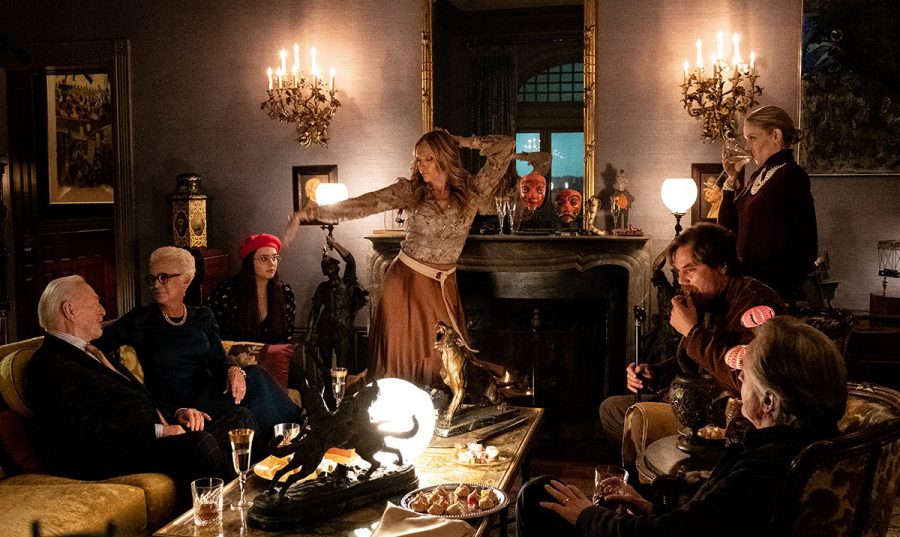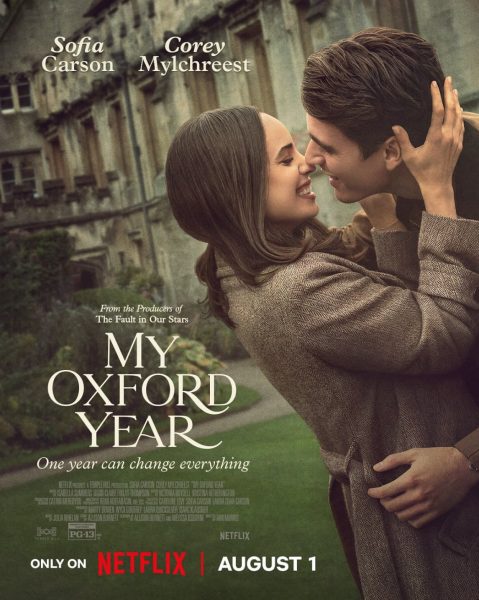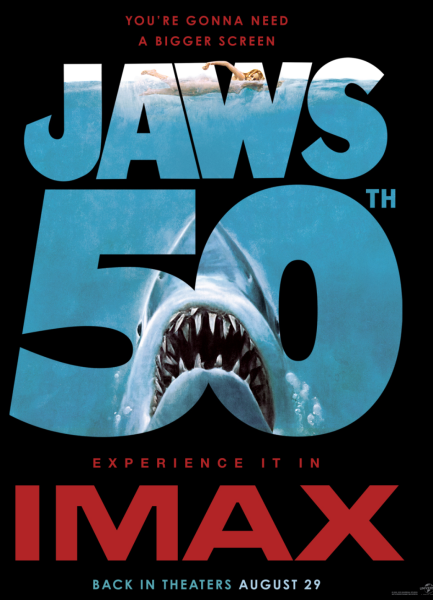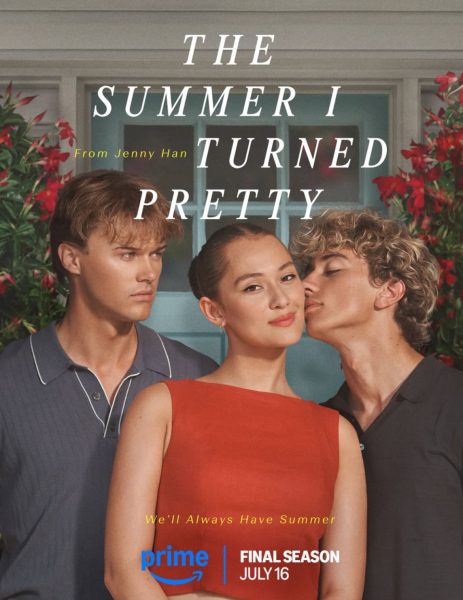“Knives Out” Cuts Up the Competition
Rian Johnson isn’t exactly known for humor. The anachronistic mix of noir tropes and a contemporary high school setting in “Brick” results in a few amusing moments, but it’s still a bleak film overall. You can probably count the number of laughs in “Looper” (still his best film) on one hand. The sad attempts at comedy in “Star Wars Episode VIII: The Last Jedi” are not just painfully unfunny, but also detract from the story.
With the irreverent, self-aware murder mystery film “Knives Out,” however, Johnson proves that he is more than capable of producing competent humor and using it in ways that enhance the overall experience.
Not that “Knives Out” is truly a comedy, but its awareness and deconstruction of mystery and crime film tropes lends it a self-deprecating tone that draws more than a few good laughs, as do the intentionally cartoonish characterizations of much of its cast.
The central mystery is the death of wealthy crime novelist Harlan Thrombey (Christopher Plummer). While local policeman, Lieutenant Elliot (Lakeith Stanfield), believes it to be a clear suicide, private detective Benoit Blanc (Daniel Craig) is convinced that Harlan was murdered, likely by one of the members of his dysfunctional family, played by a star-studded ensemble that includes Chris Evans, Jamie Lee Curtis, Toni Colette and Michael Shannon, among others. Blanc recruits Marta Cabrera (Ana de Armas), Harlan’s loyal and earnest nurse, to help weed through the lies and manipulations of the family to get to the truth.
Much like with “The Last Jedi,” writer-director Johnson is clearly determined to subvert and upend the expectations viewers have of the type of film they’re watching, but his efforts are much more successful here. Some of the biggest surprises in regard to the mystery actually come early in the film, with the second and third acts focusing more on how the characters react to these revelations.
There are, of course, still some last-minute surprises, but they’re maybe not as left-field as one might expect from this type of whodunit. In choosing the guilty party, Johnson went with the choice that best suits the larger story he’s telling rather than whichever would offer the most shock value.
That larger story is, at its core, one about power, specifically the kind bestowed by wealth, and the greed and other emotions it stirs in people. The murder mystery is inherently tied to struggles between the members of the Thrombey family themselves and between the family and Marta that are stirred up by Harlan’s death. Marta winds up as both protagonist and audience-surrogate, simultaneously observing the dysfunction of the family and dealing with her own problems.
Many of the latter are related to her family’s status as undocumented immigrants, a subplot that lends the film a welcome dose of real-world relevance. The unexpected political elements of “Knives Out” are not tacked on, but important as elements of Marta’s character arc and add to the decadence of the Thrombeys, all of whom (other than Harlan) are either xenophobic alt-right trolls or privileged, “fake” liberals.
While a lot of work goes into establishing the characters of the rest of the ensemble, the film belongs to de Armas, Craig and Evans. It’s a star-making role for the former, who makes Marta instantly compelling and appropriately unpredictable. Craig hams it up in glorious fashion, with an utterly ridiculous Southern drawl making it impossible to tell if Blanc is an eccentric genius or a clueless goofball with delusions of grandeur. Evans clearly relishes the chance to break away from his Captain America image by playing Ransom Drysdale, whose own relatives describe him as the black sheep of the family. The bad boy vibe suits Evans just as well as the nice guy one, and he chews the scenery with a delightfully vicious performance.
Films like “Knives Out” come along much too rarely these days. It’s a stylish, meaningful, funny and most importantly, immensely fun ride that keeps you guessing until the credits roll. It’s an absolute triumph for original filmmaking that proves Hollywood still has a few creative ideas up its sleeve. This is why we go to the movies.













































































































































































































